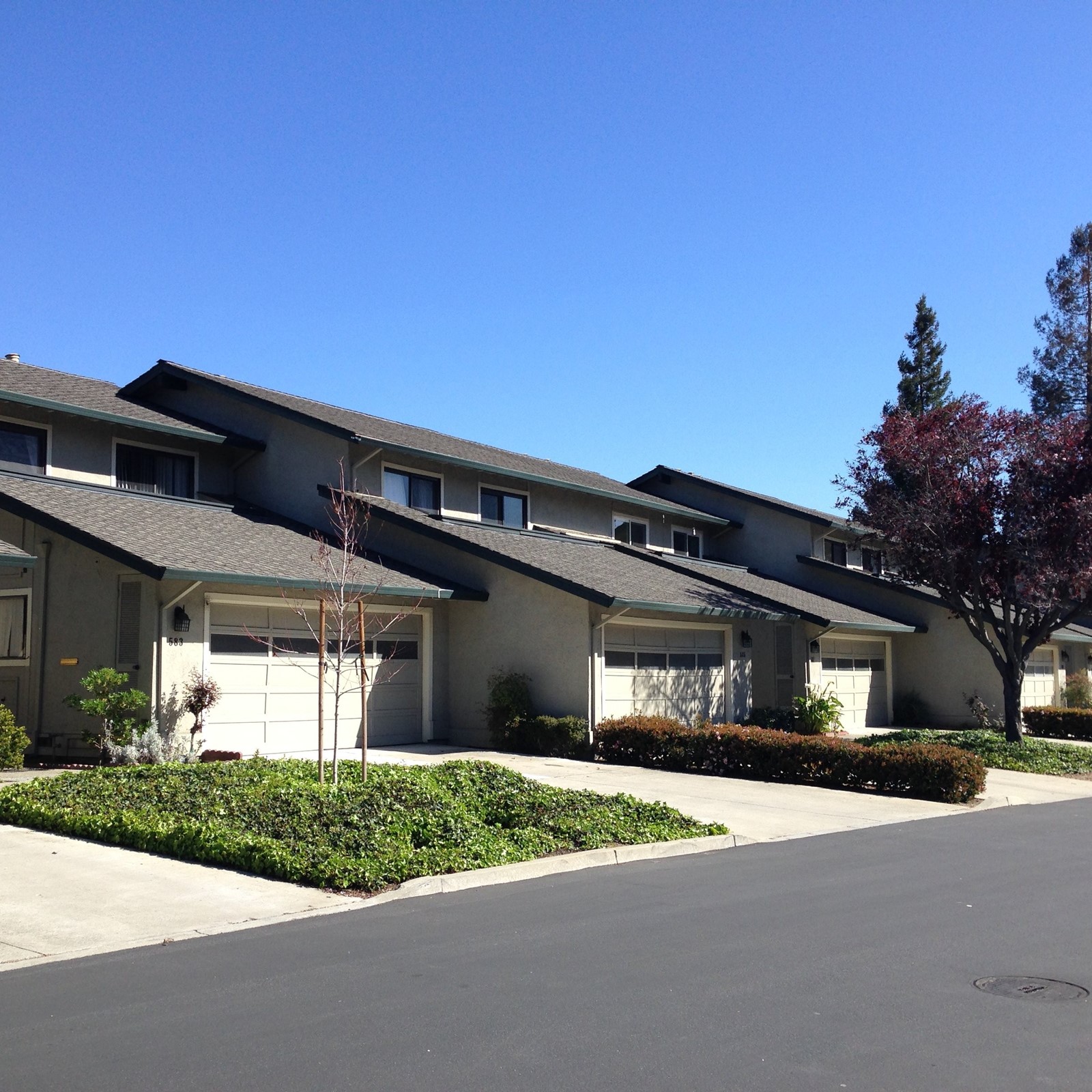ASSOCIATIONS
Strangers living in your property could acquire title through adverse possession.

As the mail and bills eventually stopped there was no need for me to continue making the long drive. For over 13 years I intentionally kept the unit vacant mainly because I didn’t want to deal with tenants. I never received any invoices from the homeowner association saying I owed anything.
Then last week I visited my unit but the locks were changed, and when I peeked through a window it looked occupied! The homeowner association’s manager said she thought the occupants were the new owners because they had been living there, paying the homeowner association fees, attending board meetings and voting. I asked if the association foreclosed on my unit and was told “No” but that the manager received a title change a few years ago.
My neighbors didn’t even bother to tell me or keep me apprised that squatters had taken over my property. I’ve since hired an attorney, but shouldn’t someone have told me this?
Though it may seem odd that squatters have any rights to property you bought or inherited, the practice dates back hundreds of years in England, where unused or abandoned property was taken over by people willing to work it.
As an owner, the onus is on you, not your neighbors, to maintain and take care of your property. Although it would have been nice to have the association contact you, they were certainly under no legal obligation to do so. It is also possible that they would have contacted you, or tried to contact you, but didn’t have your current contact information.
For titleholders, one of the most important sections of the common interest development act is Civil Code section 5260. It requires homeowner associations to send certain notices at the request of titleholders to two different addresses that the owner provides. Unfortunately, the law didn’t go into effect until January 2014, but even so, nothing prevented you from regularly updating the board with your current address information and monitoring your property’s status with the association.
Indeed, when you stopped receiving invoices for association dues, you were on notice that something was wrong. Why would you think that suddenly no dues were owed to the association? It was incumbent on you to make inquiries why you were not receiving association invoices or other communications related to your investment. Since these squatters took care of your association dues, they must have seemed like legitimate owners from the perspective of your neighbors and the board of directors.
As you have probably discussed with your attorney, it is possible that the individuals living in your property have acquired legitimate legal title through a process called “adverse possession,” which is described in the Code of Civil Procedure sections 315 to 329.5.
In California, a “squatter,” that is, a person who occupies land without the right to do so, can gain possession of someone else’s property by openly occupying it for at least five years without interruption and acting the way a true owner would. In this situation, that means attending board meetings and paying dues.
Although your case seems grim, there is also a requirement in California for adverse possessors to pay property taxes on the property during the continuous time they are living in it. If these individuals paid the property taxes on your property and after all this time you failed to investigate, then even a lawsuit may be unsuccessful.
However, if the squatters failed to pay taxes on the property, then you may be able to file what is called a “quiet title” lawsuit to eject the inhabitants and update the property’s ownership records.


